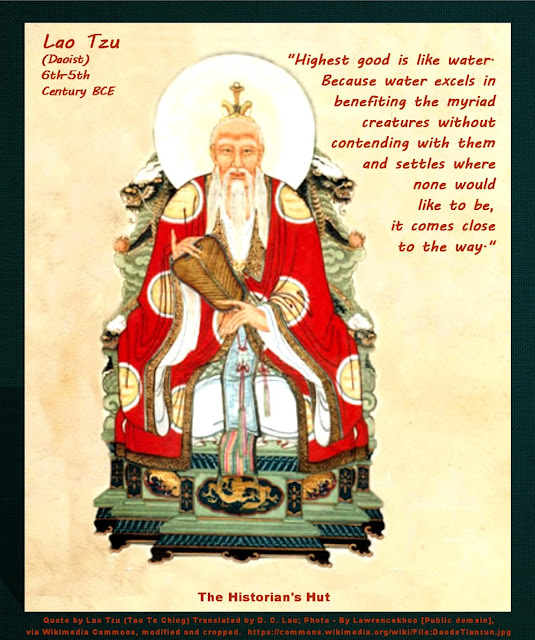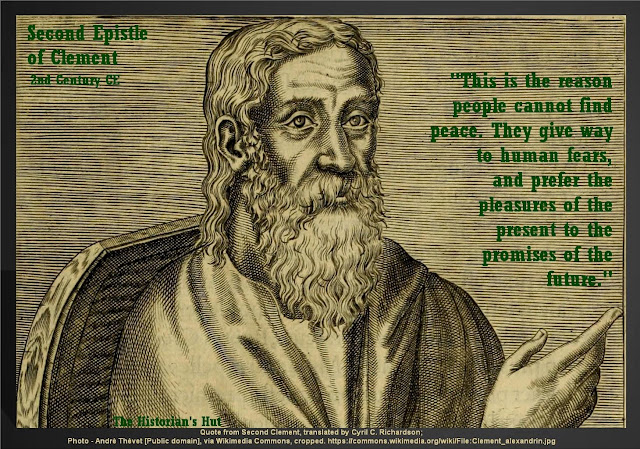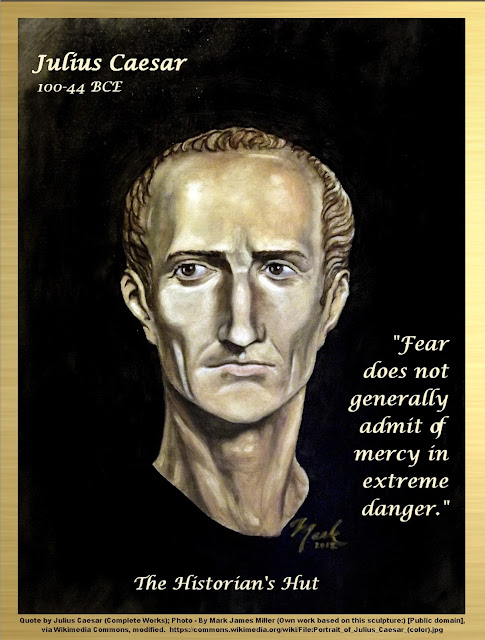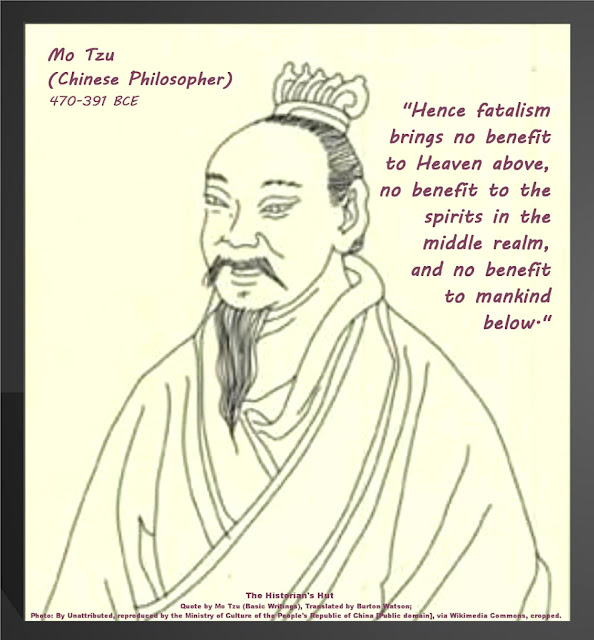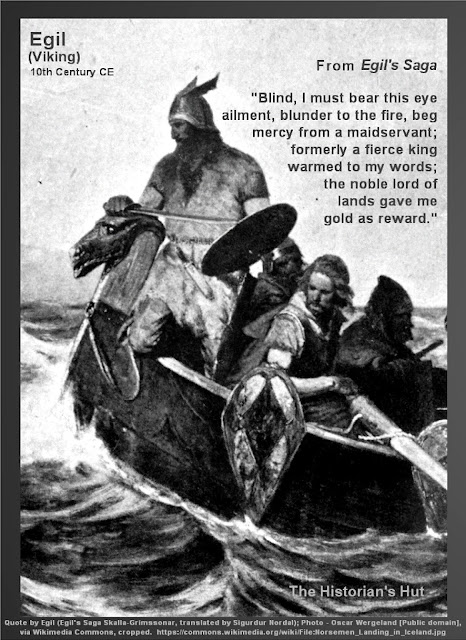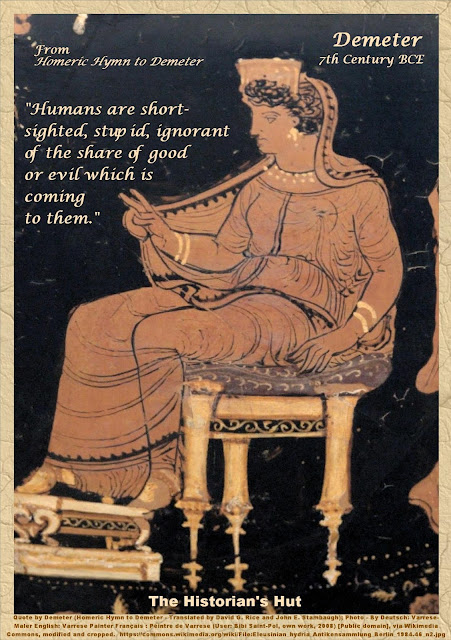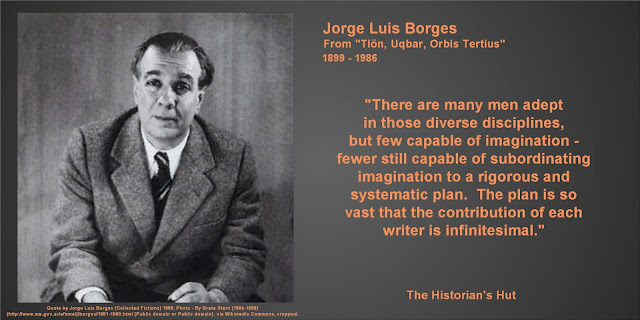
Written by Heinrich Kramer and James Sprenger
Circa 1486
- Kramer and Sprenger were two well-known members of the Inquisition. Their Malleus Maleficarum was one of the books most often used by witch hunters.
"The question arises whether people who hold that witches do not exist are to be regarded as notorious heretics, or whether they are to be regarded as gravely suspect of holding heretical opinions. It seems the first opinion is the correct one."
Find more quote picture on our official website gallery, here.




